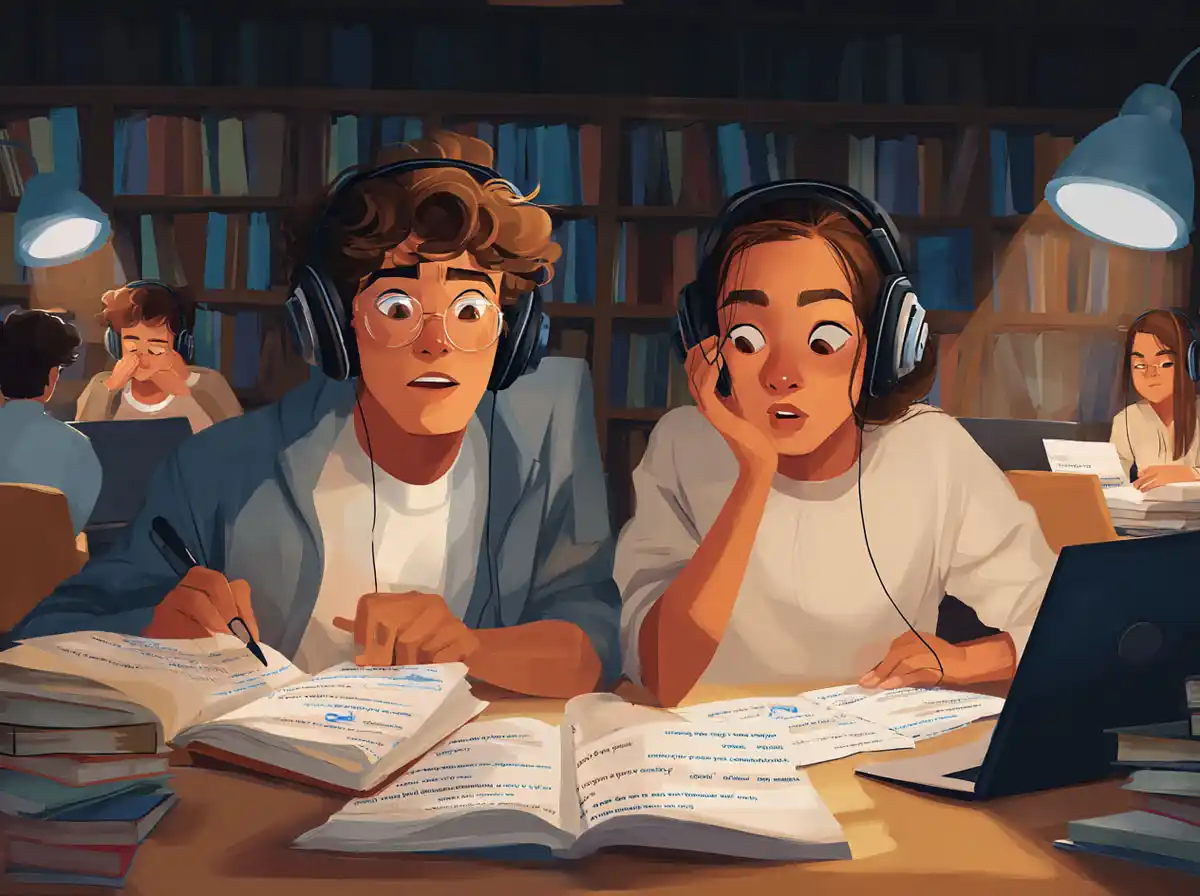Understanding the Galician Language
What is Galician?
Galician (Galego) is a Romance language closely related to Portuguese, with its own distinct grammar, vocabulary, and pronunciation. It evolved from Latin, much like Spanish and Portuguese, and is one of Spain’s co-official languages alongside Spanish in the Galicia region. Over 2.4 million people speak Galician, with efforts in education and media promoting its usage and preservation.
Why Learn Galician?
- Cultural Connection: Gain deeper insight into Galician literature, music, festivals, and traditions.
- Travel Benefits: Enhance your experience when visiting Galicia by communicating with locals in their native tongue.
- Career Opportunities: Increase your employability in fields like translation, tourism, and international relations.
- Linguistic Challenge: Expand your language skills with a unique Romance language that shares similarities with Spanish and Portuguese.
Getting Started: Essential Tools and Resources
Talkpal: Interactive Language Learning Made Easy
Talkpal is an innovative language learning platform ideal for beginners. It combines conversational practice, vocabulary drills, and grammar exercises into an engaging and user-friendly interface. Talkpal’s immersive approach helps learners quickly gain confidence in speaking and comprehension through real-time interaction and AI-powered feedback.
Additional Recommended Resources
- Online Dictionaries: Use Dicionario Galego for accurate translations and definitions.
- Language Apps: Duolingo and Memrise offer Galician courses, useful for daily practice.
- Galician Media: Listen to radio stations like Radio Galega or watch TV shows to immerse yourself in natural speech.
- Textbooks and Grammar Guides: “Galician: A Comprehensive Grammar” by Carlos Callón provides detailed explanations for serious learners.
- Language Exchange: Platforms like Tandem or HelloTalk connect you with native speakers for conversation practice.
Core Language Skills: Building a Strong Foundation
Mastering Galician Pronunciation
Pronunciation is crucial for effective communication and understanding. Galician phonetics shares similarities with both Spanish and Portuguese but includes unique sounds:
- Vowels: Five main vowels (a, e, i, o, u) with distinct pronunciations.
- Consonants: Pay attention to the pronunciation of “x” (like English “sh”), “ñ” (similar to Spanish), and the soft “g” and “j”.
- Accentuation: Stress is often on the penultimate syllable but can vary; listening and practice are key.
Using Talkpal’s speech recognition and native speaker audio examples can significantly improve your accent and intonation.
Basic Grammar Essentials
Understanding foundational grammar structures simplifies learning and increases confidence:
- Nouns and Articles: Galician nouns have gender (masculine/feminine) and number (singular/plural). Articles must agree accordingly.
- Verb Conjugations: Present, past, and future tenses follow regular patterns, but be prepared for some irregular verbs.
- Pronouns: Subject and object pronouns are essential for sentence construction and clarity.
- Sentence Structure: Typically subject-verb-object, but flexible word order allows emphasis.
Essential Vocabulary for Beginners
Start by learning common words and phrases used daily:
- Greetings: Ola (Hello), Bo día (Good morning), Adeus (Goodbye)
- Basic Questions: Como estás? (How are you?), Onde está? (Where is?)
- Numbers: 1 (un), 2 (dous), 3 (tres), etc.
- Common Verbs: ser (to be), ter (to have), ir (to go)
- Everyday Nouns: casa (house), amigo (friend), comida (food)
Using flashcards or language apps can help reinforce memorization effectively.
Effective Strategies to Accelerate Your Learning
Immerse Yourself in the Language
Immersion is one of the fastest ways to learn Galician. Surround yourself with the language daily through:
- Listening to Galician music and podcasts
- Watching films and TV shows with subtitles
- Reading Galician newspapers, books, and websites
- Practicing speaking with native speakers or language partners on Talkpal
Consistent Practice and Goal Setting
Set achievable milestones to maintain motivation and track progress:
- Daily vocabulary targets (e.g., 10 new words per day)
- Weekly conversational practice sessions
- Monthly grammar topics mastery
- Regular self-assessment quizzes or tests
Leverage Technology and Community Support
Combine the power of technology and social interaction:
- Use Talkpal’s interactive lessons and AI feedback
- Join Galician language forums and social media groups
- Participate in language challenges and meetups
- Find tutors for personalized guidance if needed
Overcoming Common Challenges in Learning Galician
Managing Similarities and Differences with Spanish and Portuguese
Since Galician shares roots with Spanish and Portuguese, it’s easy to confuse vocabulary and grammar rules. To avoid interference:
- Focus on Galician-specific words and expressions
- Practice listening carefully to distinctive pronunciation
- Compare and contrast grammar rules to reinforce understanding
Maintaining Motivation Over Time
Language learning can be a long journey, but these tips help maintain enthusiasm:
- Celebrate small victories and milestones
- Connect with fellow learners for mutual encouragement
- Incorporate Galician into hobbies and interests
- Set travel or cultural immersion goals
Conclusion: Your Path to Galician Fluency Starts Today
Mastering Galician is an achievable and rewarding goal with the right approach, resources, and dedication. By building a solid foundation in pronunciation, grammar, and vocabulary, immersing yourself in the language, and utilizing powerful tools like Talkpal, you can accelerate your learning journey. Remember, consistency and engagement are key, so embrace the language every day and watch your skills flourish. Dive into the world of Galician culture and communication—your linguistic adventure awaits!










